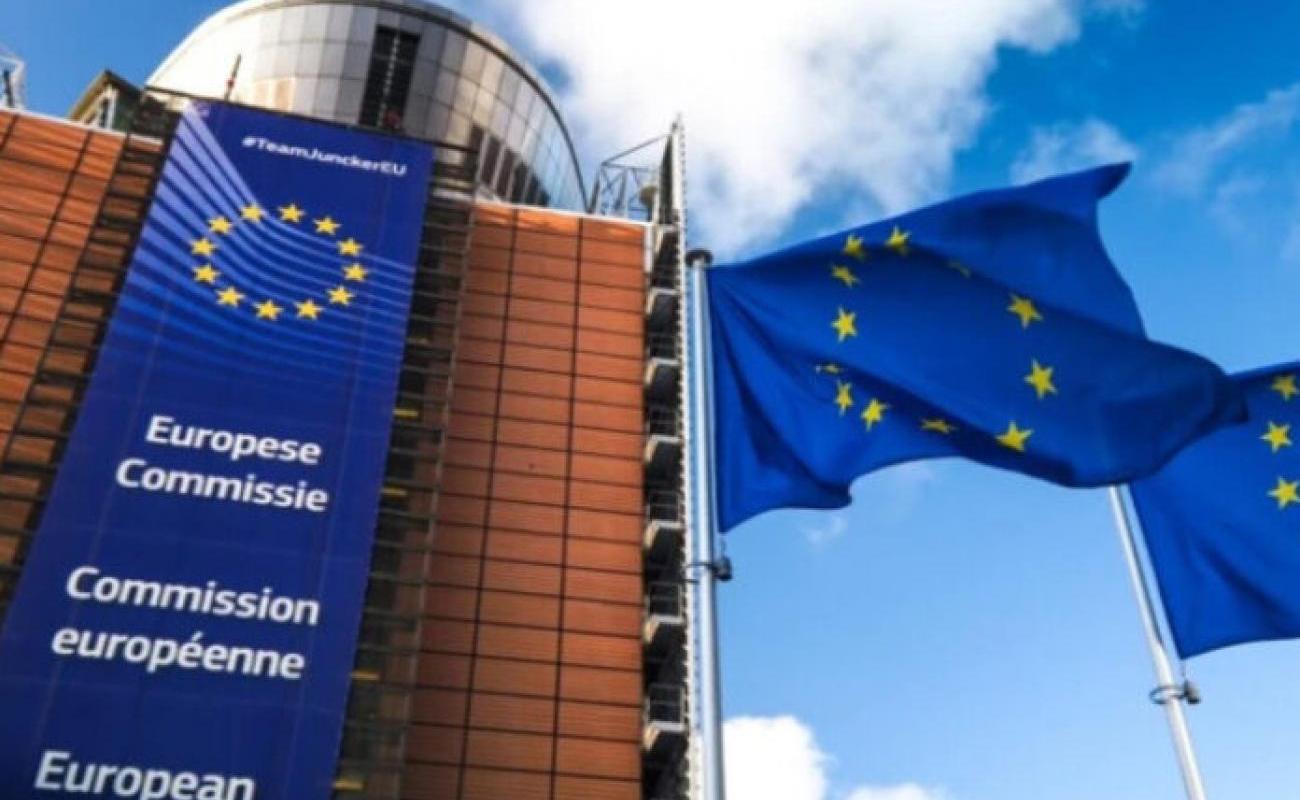Commission disburses first €3 billion to Ukraine of the up to €18 billion Macro-financial Assistance+ package

The Commission has today disbursed a first instalment of €3 billion of the up to €18 billion Macro-financial Assistance+ (MFA+) package for Ukraine. This follows the swift adoption and entry into force of the MFA+ Regulation mid-December 2022, less than two months following the request from the European Council meeting on 20-21 October 2022.
What is the MFA+ package and how does it work?
With the stable, regular and predictable financial support of up to €18 billion for 2023 under this instrument, Ukraine will be able to keep on paying wages and pensions and maintain essential public services running, such as hospitals, schools, and housing for relocated people. It will also allow Ukraine to ensure macroeconomic stability and restore critical infrastructure destroyed by Russia in its war of aggression, such as energy infrastructure, water systems, transport networks, roads and bridges.
In comparison to standard MFA operations, and to reflect the current circumstances in Ukraine, this MFA+ instrument offers Ukraine increased flexibility and more favourable borrowing terms. Ukraine will need to repay the highly concessional loans over up to 35 years, starting from 2033. In a further expression of solidarity, the EU has also offered to cover the interest rate costs of Ukraine, supported where needed through additional payments by Member States into the EU budget. EU Member States and third countries will moreover be able to contribute further funds into the instrument, to be used as grants, should they wish to do so. The funds will then be channelled through the EU budget, allowing Ukraine to receive the support in a coordinated manner.
The funding will help Ukraine address its pressing short-term funding needs and is accompanied by reforms as well as reporting requirements to ensure the transparent and efficient use of the funds. These are laid out in a Memorandum of Understanding between Ukraine and the Commission, which entered into force on 16 January 2023. The agreed policy conditions are geared towards strengthening Ukraine's institutions and preparing the ground for a successful reconstruction effort, as well as supporting Ukraine on its European path. The 20 targeted policy conditions, considered to be achievable by Ukraine and the Commission by the end of 2023, concern four policy areas: macro-financial stability, structural reforms and good governance, rule of law and anti-coruption, and energy.
Future payments to Ukraine under the MFA+ instrument of €1.5 billion per month, will continue as of March and will be conditional on satisfactory progress towards implementing the agreed conditionality, as well as continuous compliance with the reporting requirements.
How are the MFA+ loans being financed?
To secure the funds for the loans, the Commission is borrowing on capital markets under its unified funding approach. On this basis, the Commission - on behalf of the EU – is issuing single-branded EU-Bonds rather than separately denominated bonds for individual programmes. This allows the EU to structure loans in ways that are easier for Ukraine to manage and to keep borrowing costs as low as possible, also to the benefit of Ukraine as a recipient of the loans.
To guarantee this borrowing for Ukraine, the Commission is using the headroom in the EU budget, in a targeted manner for Ukraine. The headroom is the difference between the own resources ceiling (i.e. the maximum amount of resources that the Commission can ask Member States to contribute in a given year) and the funds that it actually needs to cover the expenses foreseen by the budget. The headroom, which is already used to guarantee the borrowing for financial assistance programmes to Member States, will guarantee bond investors that the amounts lent to the EU to finance Ukrainian loans borrowing will be repaid under all circumstances.
President Ursula von der Leyen said: “Supporting Ukraine in meeting its financing needs to face the Russian aggression is both crucial and urgent. Today's disbursement of the first €3 billion of the up to €18 billion in macro-financial support agreed in December shows that the Commission is acting with the utmost speed and determination .”
